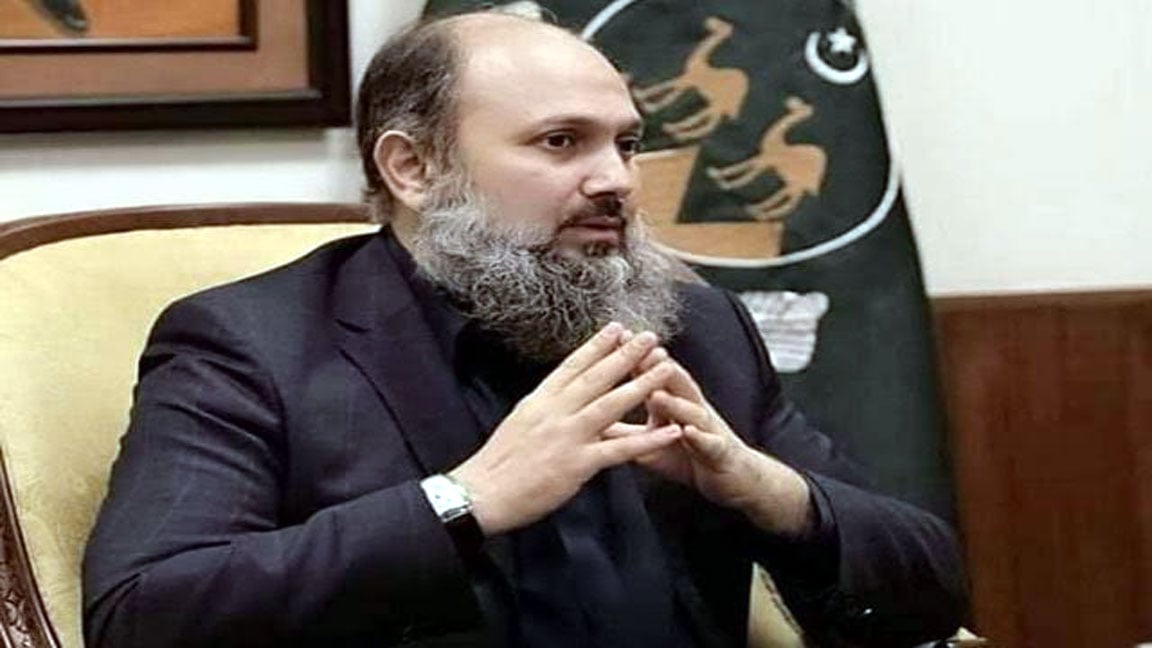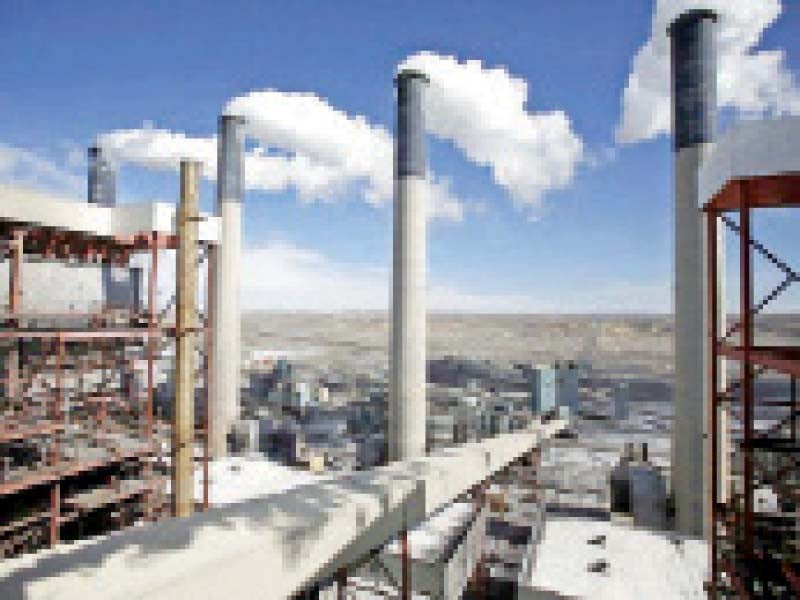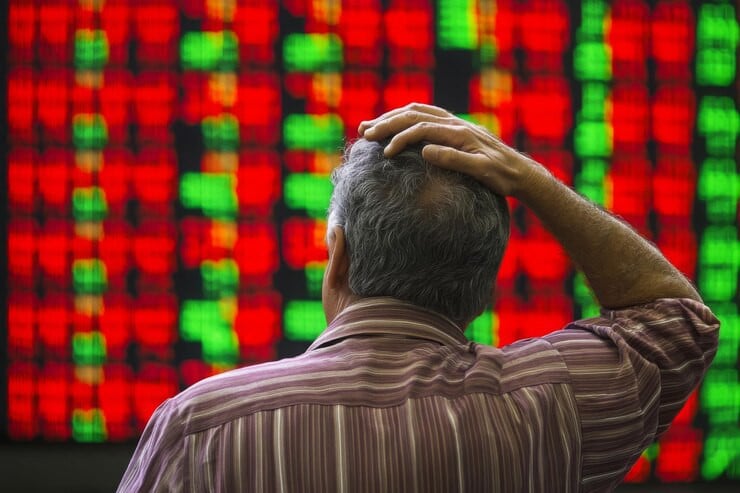LAHORE:
Federal Minister for Commerce Jam Kamal Khan said Pakistan’s economy is improving due to structural reforms, international recognition, and business community support. Speaking at the Lahore Chamber of Commerce and Industry (LCCI), Khan noted that although the country faced economic challenges until recently, the past 18 months have shown significant progress.
He stated that even global institutions like the International Monetary Fund recognise Pakistan’s reform efforts. Large-scale foreign participation in events such as the HEMS and Mineral Expos reflects growing international confidence. He credited Prime Minister Shehbaz Sharif’s personal involvement in resolving key issues and praised the business community’s collaborative approach.
Khan shared that the Export Finance Scheme (EFS) is being revised with stakeholder input and highlighted the importance of LCCI’s engagement with the government. He highlighted improvements in the Trade Development Authority of Pakistan and restructuring of the Export Development Fund.
He acknowledged that exports remain concentrated in a few products and markets, urging exploration of emerging regions like East Africa. He also mentioned a recent meeting with the Afghan commerce minister, where trade issues were addressed and Afghanistan’s role as a corridor to Central Asia was underscored. A new trade policy is being formulated, and for the first time, sector-specific meetings on tariffs have been held to be reviewed by the Tariff Board.
LCCI President Mian Abuzar Shad welcomed the government’s revival efforts but warned of persistent challenges. He cited a $17.9 billion trade deficit in the first nine months of FY202425, 5% higher than the previous year.
He stressed that without resolving industrial sector issues, exports would not rise. Major concerns include rupee devaluation, high energy tariffs, Maximum Demand Indicator charges on closed units, costly land in industrial estates, and high duties on raw materials.
Abuzar pointed out that export revenues remain stagnant due to limited diversification into value-added products. To boost exports, he urged the government to provide cheaper energy, single-digit financing, and a better tariff structure.
He noted that 68% of exports come from textiles, leather, and rice, though sectors like halal food, IT, pharmaceuticals, and engineering goods have strong potential. He said 58% of exports go to just 10 countries and called for market expansion.
Abuzar highlighted untapped trade potential: Africa imports $700 billion annually, but Pakistan’s share is $1.8 billion; ASEAN imports $1.7 trillion, with Pakistan contributing just $1.7 billion; and Central Asia’s $111 billion import market sees only $226 million from Pakistan. He urged the commerce ministry to ensure commercial counsellors in key markets submit intelligence reports every six months to local chambers.



